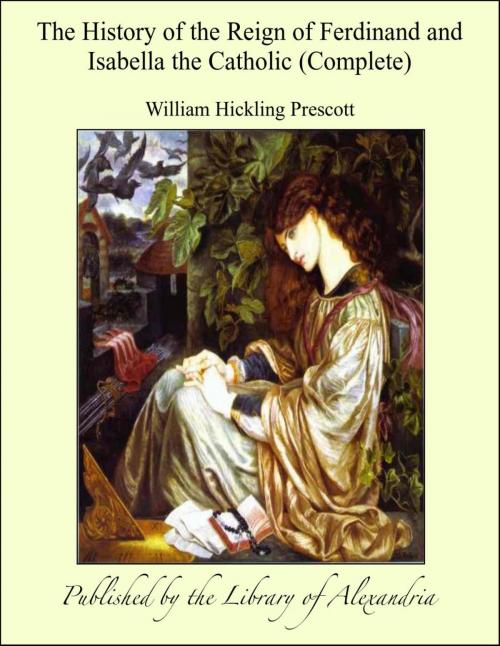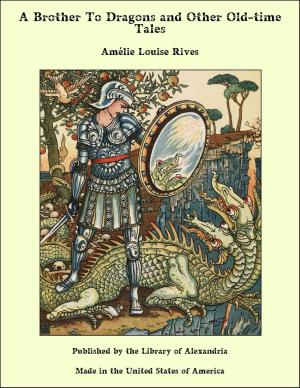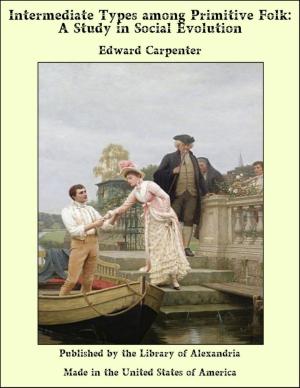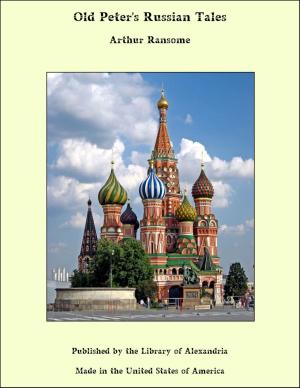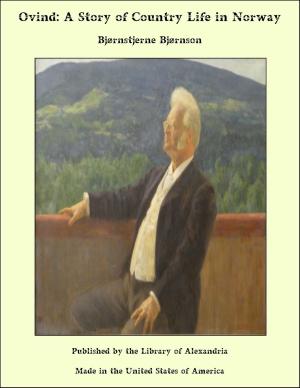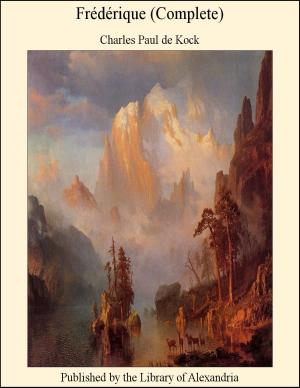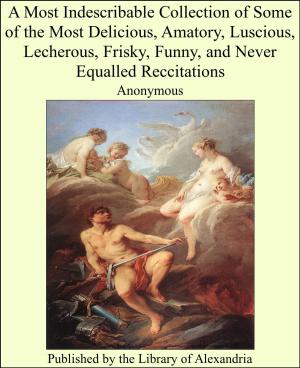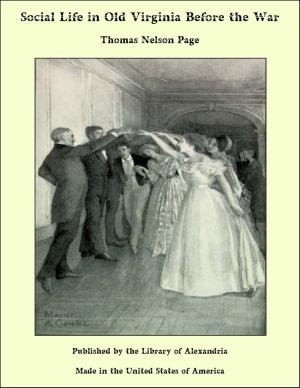The History of the Reign of Ferdinand and Isabella the Catholic (Complete)
Nonfiction, Religion & Spirituality, New Age, History, Fiction & Literature| Author: | William Hickling Prescott | ISBN: | 9781465574930 |
| Publisher: | Library of Alexandria | Publication: | March 8, 2015 |
| Imprint: | Language: | English |
| Author: | William Hickling Prescott |
| ISBN: | 9781465574930 |
| Publisher: | Library of Alexandria |
| Publication: | March 8, 2015 |
| Imprint: | |
| Language: | English |
English writers have done more for the illustration of Spanish history, than for that of any other except their own. To say nothing of the recent general compendium, executed for the "Cabinet Cyclopaedia," a work of singular acuteness and information, we have particular narratives of the several reigns, in an unbroken series, from the emperor Charles the Fifth (the First of Spain) to Charles the Third, at the close of the last century, by authors whose names are a sufficient guaranty for the excellence of their productions. It is singular, that, with this attention to the modern history of the Peninsula, there should be no particular account of the period which may be considered as the proper basis of it,— the reign of Ferdinand and Isabella. In this reign, the several States, into which the country had been broken up for ages, were brought under a common rule; the kingdom of Naples was conquered; America discovered and colonized; the ancient empire of the Spanish Arabs subverted; the dread tribunal of the Modern Inquisition established; the Jews, who contributed so sensibly to the wealth and civilization of the country, were banished; and, in fine, such changes were introduced into the interior administration of the monarchy, as have left a permanent impression on the character and condition of the nation. The actors in these events were every way suited to their importance. Besides the reigning sovereigns, Ferdinand and Isabella, the latter certainly one of the most interesting personages in history, we have, in political affairs, that consummate statesman, Cardinal Ximenes, in military, the "Great Captain," Gonsalvo de Cordova, and in maritime, the most successful navigator of any age, Christopher Columbus; whose entire biographies fall within the limits of this period. Even such portions of it as have been incidentally touched by English writers, as the Italian wars, for example, have been drawn so exclusively from French and Italian sources, that they may be said to be untrodden ground for the historian of Spain.
English writers have done more for the illustration of Spanish history, than for that of any other except their own. To say nothing of the recent general compendium, executed for the "Cabinet Cyclopaedia," a work of singular acuteness and information, we have particular narratives of the several reigns, in an unbroken series, from the emperor Charles the Fifth (the First of Spain) to Charles the Third, at the close of the last century, by authors whose names are a sufficient guaranty for the excellence of their productions. It is singular, that, with this attention to the modern history of the Peninsula, there should be no particular account of the period which may be considered as the proper basis of it,— the reign of Ferdinand and Isabella. In this reign, the several States, into which the country had been broken up for ages, were brought under a common rule; the kingdom of Naples was conquered; America discovered and colonized; the ancient empire of the Spanish Arabs subverted; the dread tribunal of the Modern Inquisition established; the Jews, who contributed so sensibly to the wealth and civilization of the country, were banished; and, in fine, such changes were introduced into the interior administration of the monarchy, as have left a permanent impression on the character and condition of the nation. The actors in these events were every way suited to their importance. Besides the reigning sovereigns, Ferdinand and Isabella, the latter certainly one of the most interesting personages in history, we have, in political affairs, that consummate statesman, Cardinal Ximenes, in military, the "Great Captain," Gonsalvo de Cordova, and in maritime, the most successful navigator of any age, Christopher Columbus; whose entire biographies fall within the limits of this period. Even such portions of it as have been incidentally touched by English writers, as the Italian wars, for example, have been drawn so exclusively from French and Italian sources, that they may be said to be untrodden ground for the historian of Spain.
